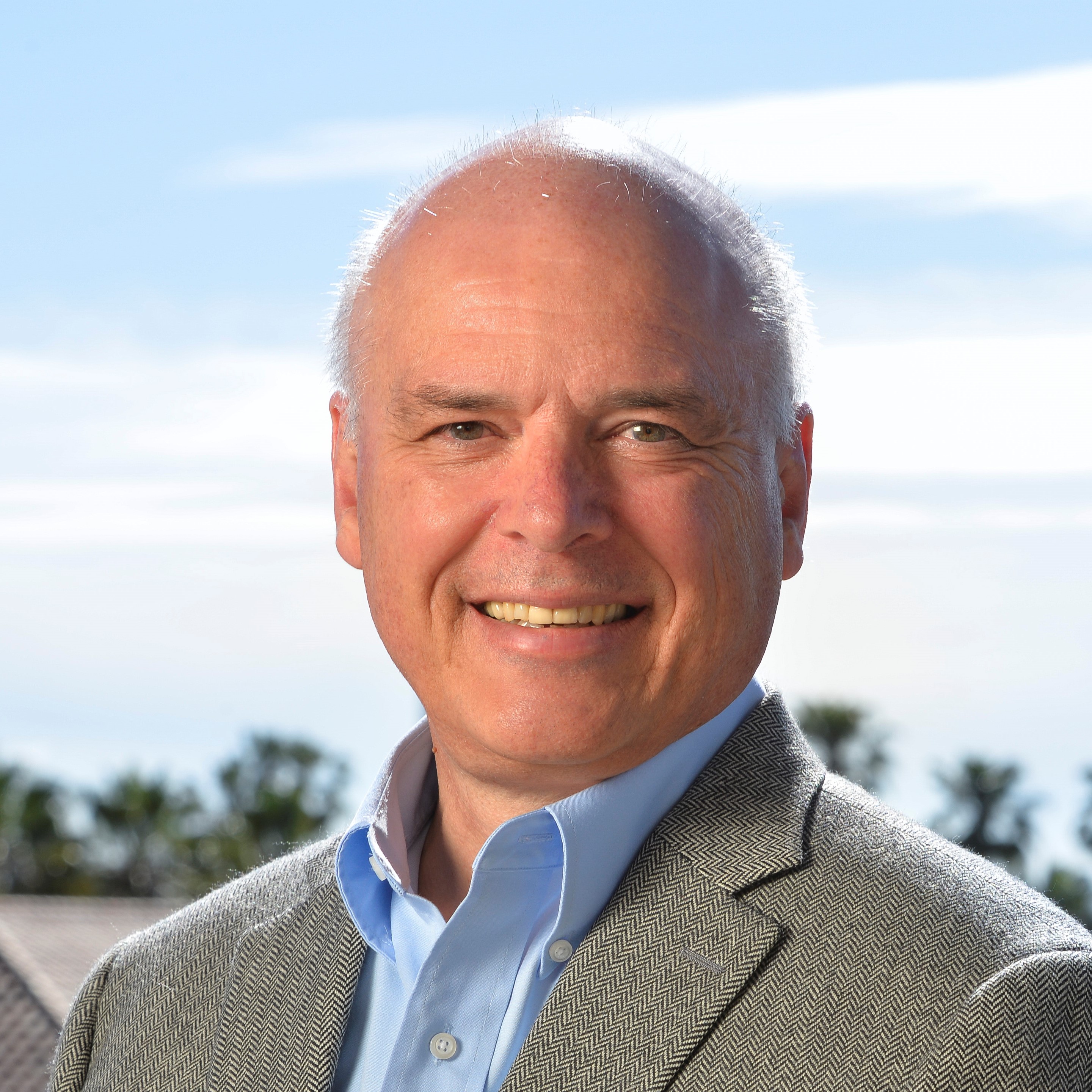 |
Online quantum mechanics classes "Quantum Mechanics for Scientists and Engineers" |
|
On-Line Quantum Mechanics MOOCs (Massive Open On-line Courses) Registration is open at https://lagunita.stanford.edu/courses/course-v1:Engineering+QMSE01+Fall2017/about
and the second of the two classes will start on January 16, 2018 These two courses aims to teach quantum mechanics to anyone with a reasonable college-level understanding of physical science or engineering. Quantum mechanics was once mostly of interest to physicists, chemists and other basic scientists. Now the concepts and techniques of quantum mechanics are essential in many areas of engineering and science such as materials science, nanotechnology, electronic devices, and photonics. These coursse is a substantial introduction to quantum mechanics and how to use it. They are specifically designed to be accessible not only to physicists but also to students and technical professionals over a wide range of science and engineering backgrounds. The first class, QMSE01, introduces quantum mechanics, with no presumed background in the subject, and follows through to topics like the hydrogen atom and Fermi's Golden Rule, a workhorse relation for calculating the strengths of processes in many areas, such as the absorption and emission of light. The second class, QMSE02, introduces the quantum mechanics for working with crystals, which make up most of the materials used in electronics and optoelectronics. It continues with the key basic ideas of spin and identical particles, and introduces the advanced but widely used density matrix approach. The creation and annihilation operator formalism is also introduced, which lets us understand more completelyhow light and matter interact, including how a light bulb actually works. The course ends by discussing quantum information, including encryption and quantum computing, and the interpretation of quantum mechanics, including the remarkable concept of entanglement. Each class lasts approximately 9 weeks. |
|